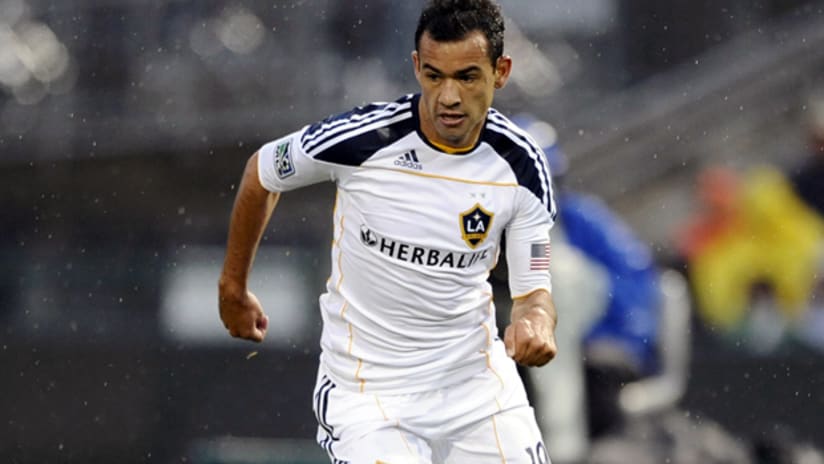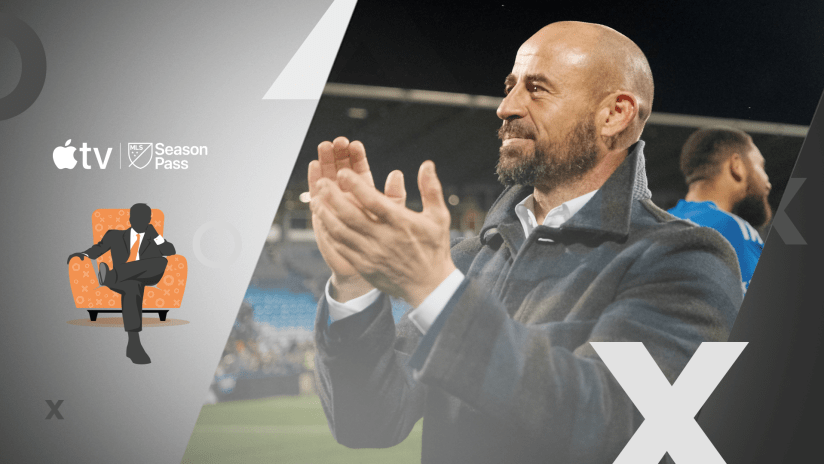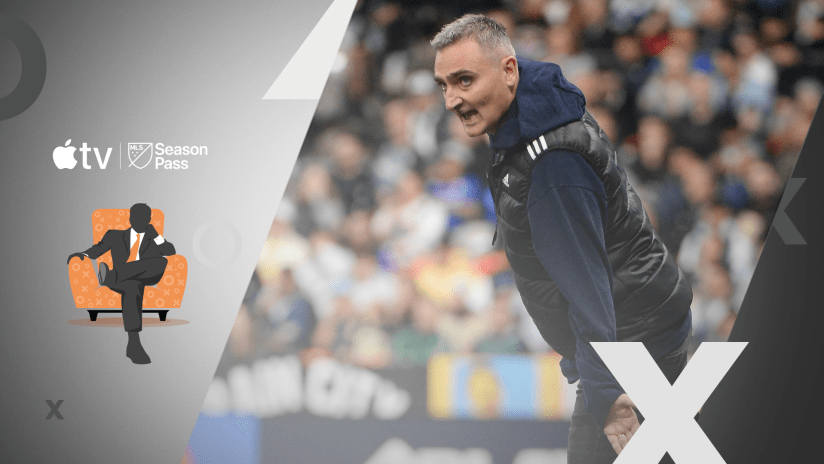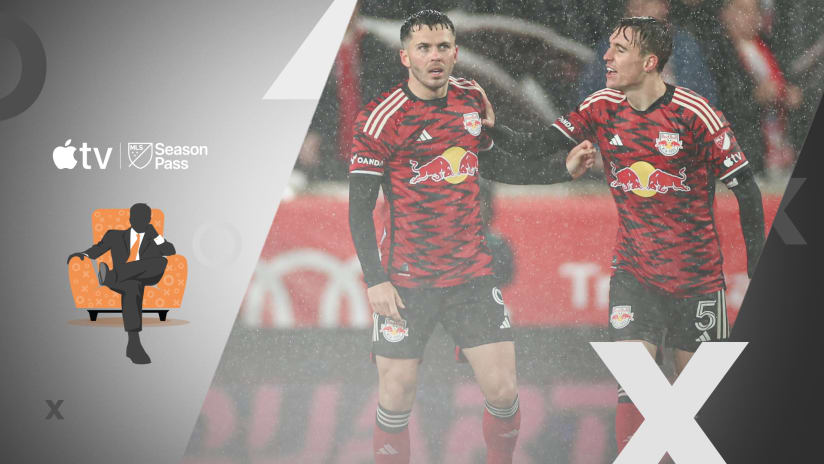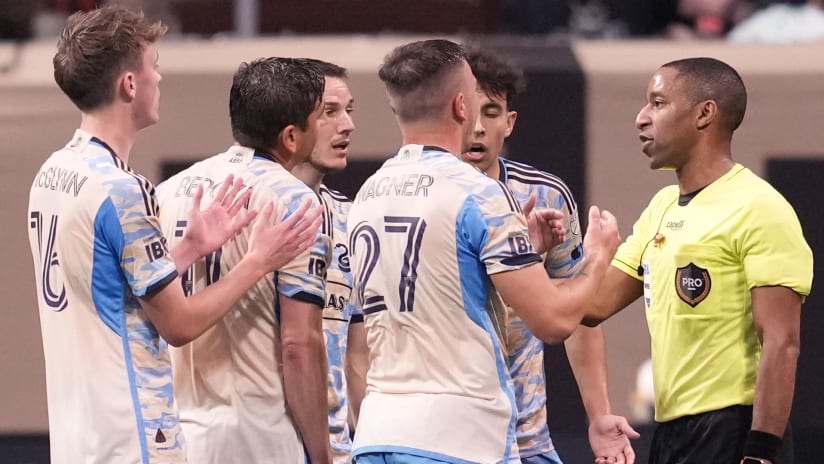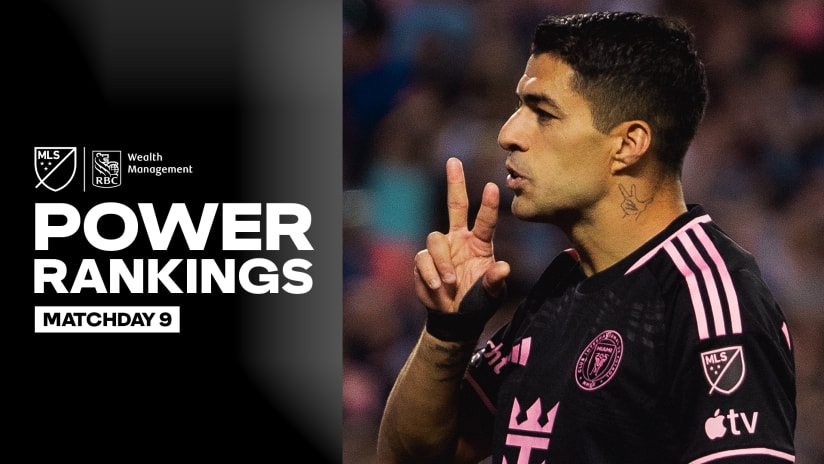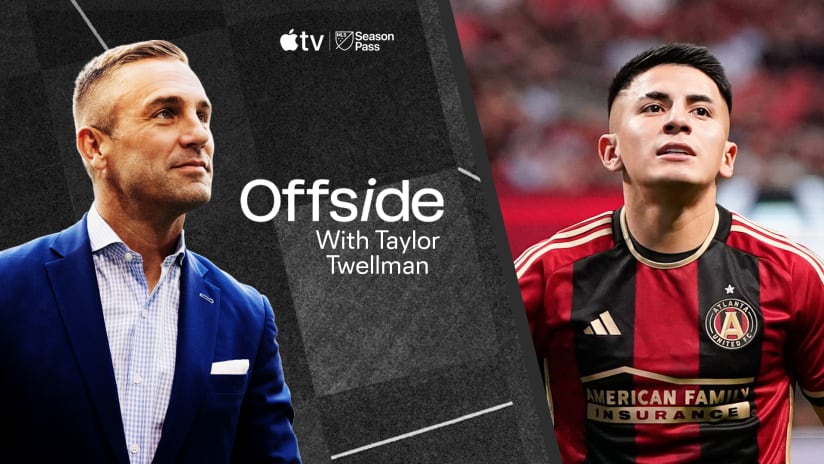Tactically, 2010 in MLS will probably be remembered as “The Year of the Counterattack.” Perhaps it’s from the ever-increasing influence of the British game. Or perhaps it’s the residual impact of the US national team’s memorable string of counterattack goals in the 2009 Confederations Cup and 2010 World Cup.
Whatever the root cause, the effect was a year of vicious pressing and transition, characterized by tireless midfielders and center forwards who did more work bringing others into the play than they seemed to for themselves. Teams that couldn’t threaten in transition pretty much didn’t threaten at all.
In a vacuum, 2010 didn’t represent an huge tactical shift. MLS has always been a league of pace and power, and one of the most memorable early league champions, the 1998 Chicago Fire, are probably still the best and best-loved counterattacking team in league history.
While the Brazilians would never call it footbol d’arte, the counter has its own beauty. The praise heaped upon Landon Donovan from Brazilian outlets after his magnificent counter goal in the Confed Cup final is evidence enough of that.
On Tuesday night, 2011 started off the same way 2010 ended. The LA Galaxy’s 1-0 win over the Seattle Sounders was a masterclass in compact shape, opportunism and patience. They forced an error, countered, scored a goal through – appropriately – Brazilian midfielder Juninho, then closed up shop.
[inlinenode:331274]The main culprit was Sounders midfielder Erik Friberg, Seattle’s new Swede, whose misplaced pass led to Juninho’s strike. Friberg’s poor choice was compounded by defensive indecision, leaving Jeff Parke to account for three Galaxy players entering the attacking zone (at right). Parke stayed with Mike Magee, whose excellent run opened the space Juninho needed to unleash his swerving golazo.
After that, the Sounders were too disjointed in midfield and profligate in front of net to respond.
Whether what we saw is LA’s preferred course of action through the rest of the season remains to be seen. They certainly seem to have the pieces to play a more possession-oriented game with the likes of Donovan, David Beckham and Juninho in the midfield. And coach Bruce Arena is not fundamentally opposed to indulging in aesthetics, if you care to remember back to his great D.C. United teams of the late 1990s.
But it’s not an easy task. Simply put, there are a lot of moving parts on a soccer field, and the hardest job is getting all those parts to work in concert. In Seattle’s case, half the midfield and striker corps suiting up against LA weren’t even on the roster at this time last year. It takes time and familiarity, two things most managers always feel they’re short of – especially at the start of the season – to get teams working as a unit.
Fit the pieces together right, and you end up looking as RSL did in their 2-0 win over Deportivo Saprissa in the first leg of the CONCACAF Champions League semifinals, also on Tuesday night. Composed and cool, Jason Kreis’ men were only too happy keeping the ball, working small combinations through the middle and trusting their system – and each other – to see them through.
The ceiling on performance when playing that system is probably higher than the counter-game we saw from LA, but so is the corresponding risk. Salt Lake are willing to make that deal, though, having been together as a team longer than any other MLS side and already with three meaningful games under their belt.
Elsewhere, clubs don’t have the same luxury. Even successful sides like the Red Bulls, Columbus Crew and San Jose Earthquakes have undergone rebuilds from one degree to another. Those changes affect team shape and speed of play, and that lower level of familiarity makes the side more prone to turnovers.
The danger of going forward in numbers is magnified when not everyone is on the same page. You can’t mimic RSL’s attacking esprit de corps after merely a preseason of training.
That lesson won’t have been lost on most MLS managers. The one thing you can rely on early in the season is that teams will still be rounding into shape, both physically and tactically. In that way, it’s more profitable to play close to the vest than to come out agressively.
Futebol de resultados, as they say in Brazil, will be the order of the day this weekend. Whether that’s the story of 2011 as a whole is a tale that’s yet to be told.
Matthew Doyle can be reached for comment at matdoyle76@gmail.com and followed at twitter.com/mlsanalyst.
Think you know the game? Test your powers of prediction with MLSsoccer.com's fantasy game,Pro Soccer Picks. Play NOW!

